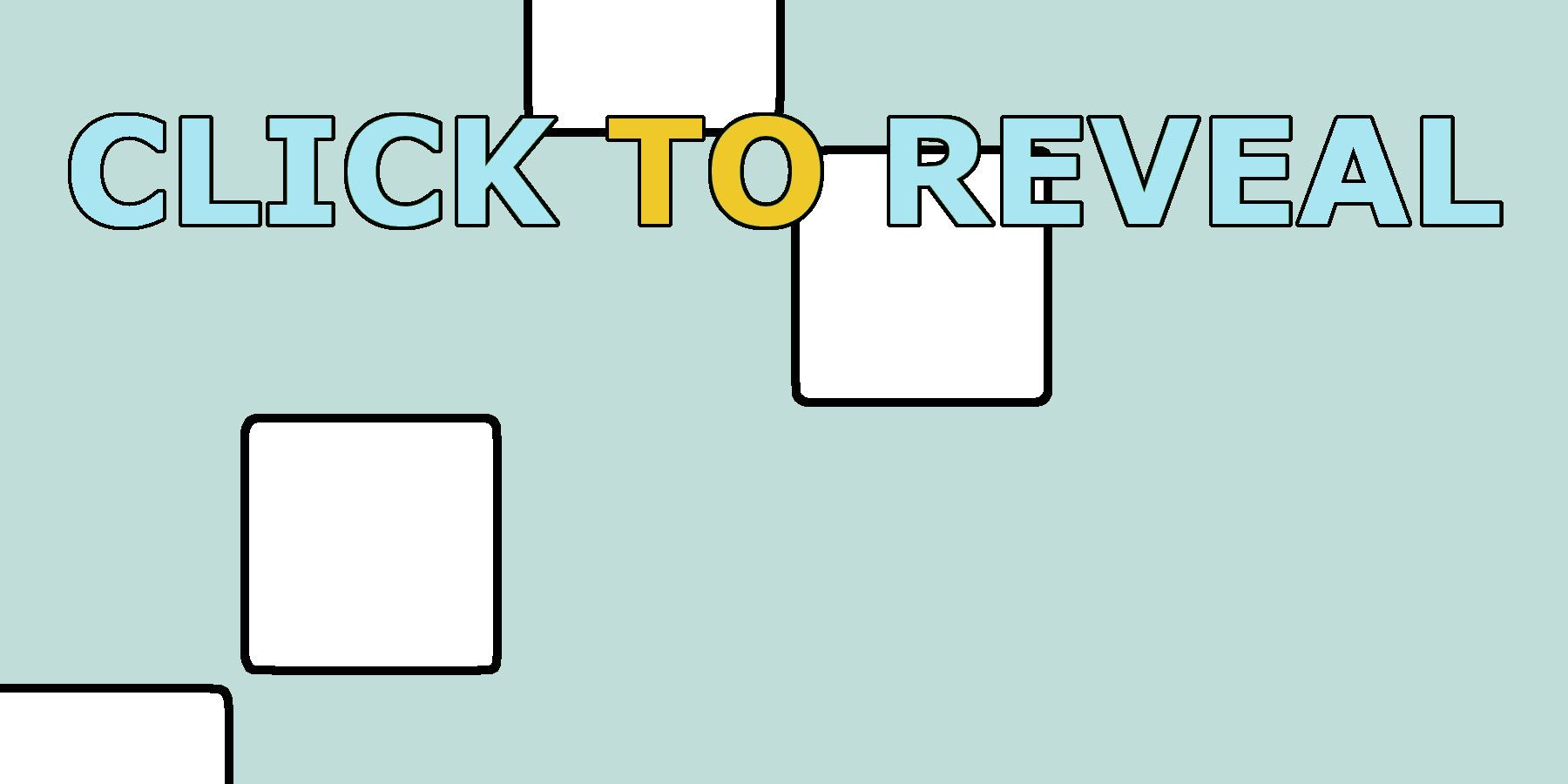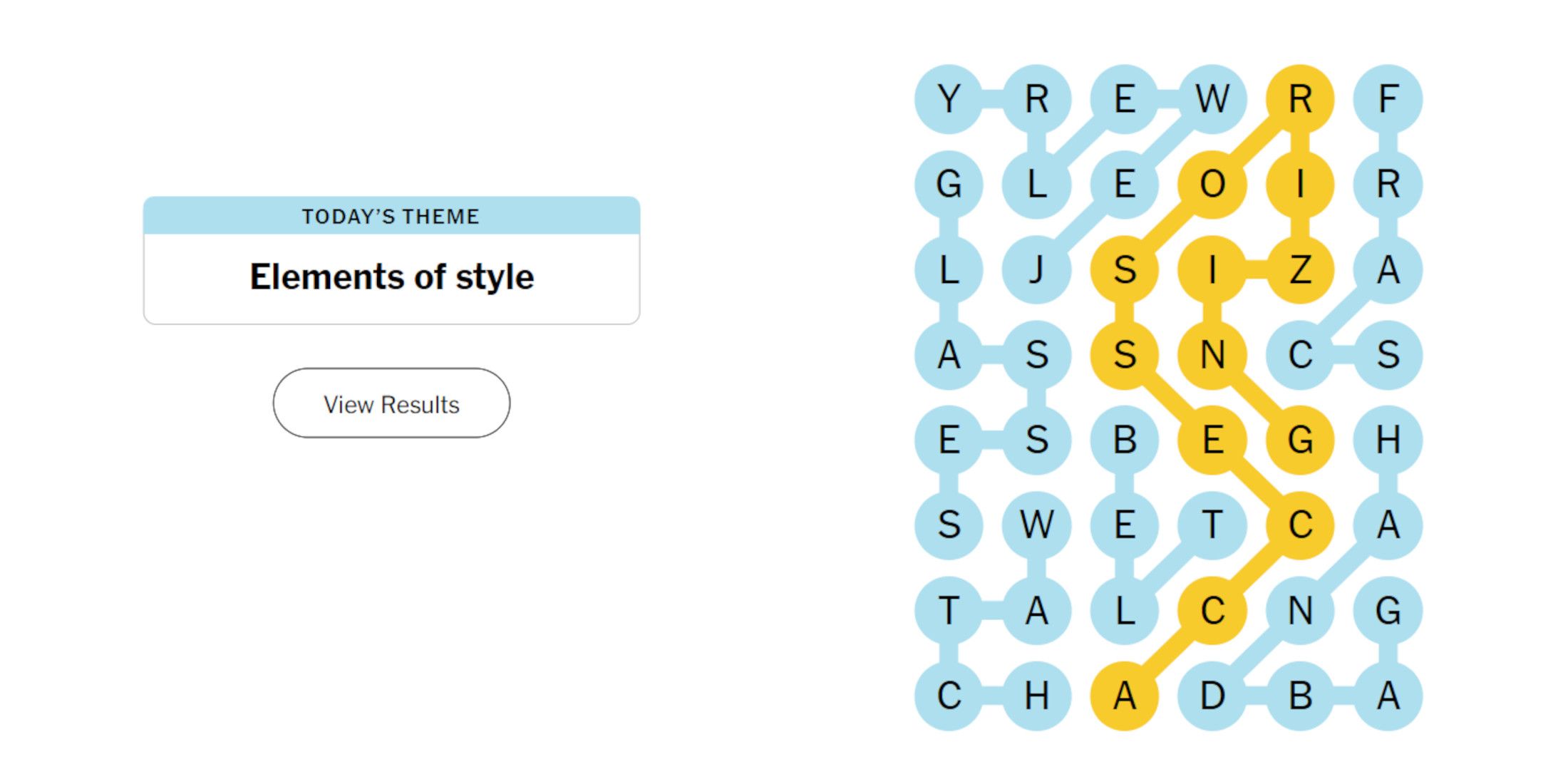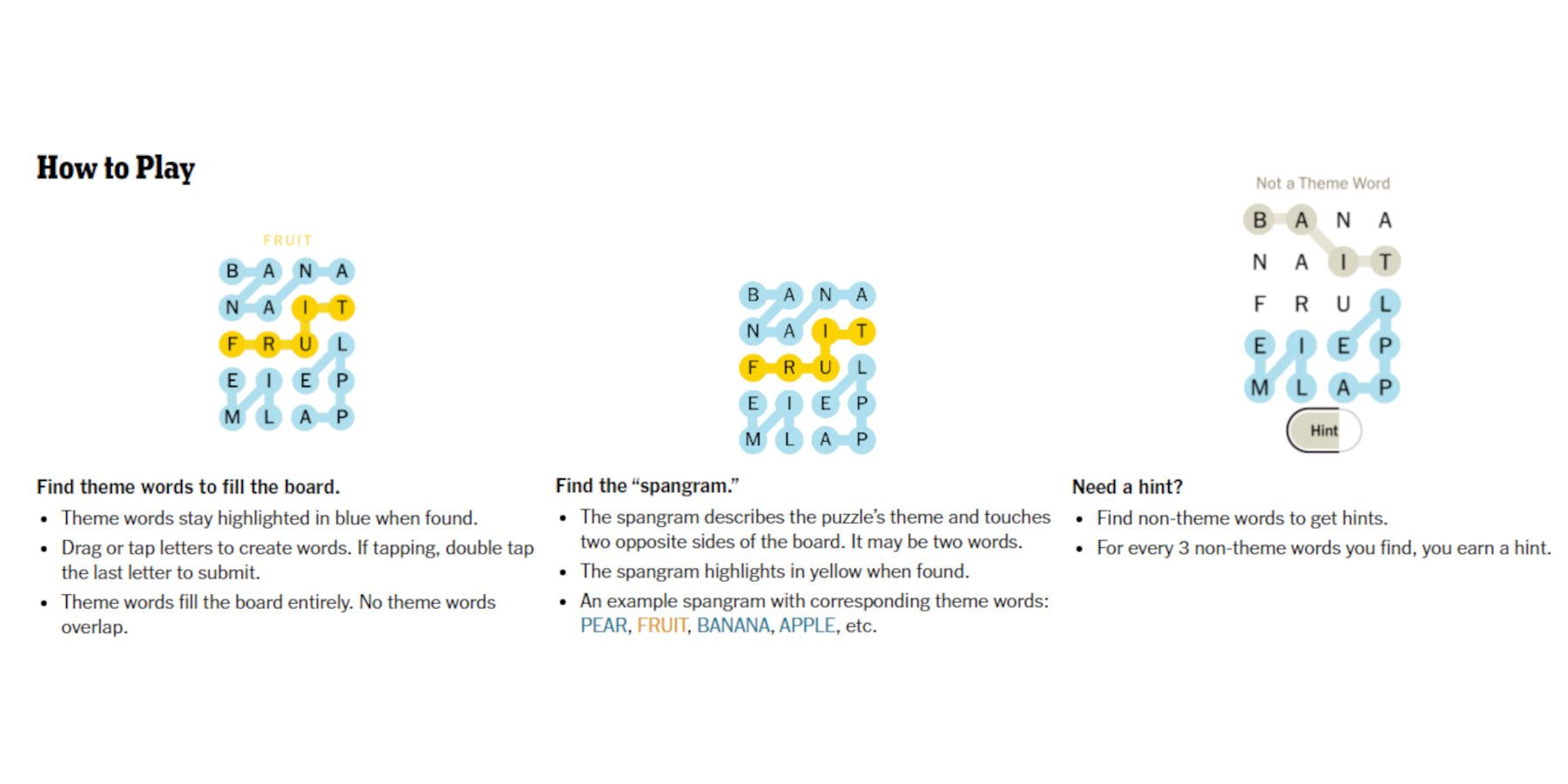Ever wondered how to conquer the legendary New York Times crossword puzzle? Well, you’re in the right place, my friend. Solving these puzzles isn’t just about filling in the blanks—it’s a mental workout, a linguistic adventure, and sometimes, a mind-bending challenge. Whether you’re a beginner or an experienced solver, mastering the New York Times crossword hints can be a game-changer. So, buckle up, because we’re diving deep into the world of crosswords, tips, and tricks that’ll make you a pro in no time.
Let’s face it, the New York Times crossword isn’t just any puzzle. It’s like the Mount Everest of word games. But don’t let that intimidate you. With the right strategies and a bit of practice, you can scale this mountain and feel like a genius. This guide will walk you through everything you need to know, from understanding the structure of the clues to decoding those tricky hints.
And hey, solving crosswords isn’t just fun—it’s also good for your brain. Studies show it boosts cognitive function, improves memory, and keeps your mind sharp. So, whether you’re looking to impress your friends or simply enjoy a brain-teasing hobby, this comprehensive guide has got you covered. Let’s get started!
Read also:Hunger Games In Order Your Ultimate Guide To Catching Them All
Understanding the Basics of the New York Times Crossword
Before we dive into the nitty-gritty of mastering the New York Times crossword hints, let’s break down the basics. The crossword puzzle is a daily feature in the New York Times, and it’s known for its clever wordplay, cultural references, and challenging clues. Each puzzle is designed to test your vocabulary, general knowledge, and problem-solving skills.
Here’s a quick rundown of what you can expect:
- Monday Puzzles: These are the easiest, perfect for beginners.
- Tuesday to Thursday: The difficulty gradually increases, offering a nice mix of challenge and fun.
- Friday and Saturday: These are the toughest puzzles, often requiring advanced solving skills.
- Sunday Puzzles: Bigger in size but not necessarily harder, these are great for a weekend challenge.
Understanding the structure and difficulty levels will help you set realistic expectations and choose puzzles that match your skill level. Now, let’s move on to the juicy part—those tricky hints!
Decoding the New York Times Crossword Hints
One of the keys to mastering the New York Times crossword is learning how to decode the hints. Crossword clues are often filled with wordplay, puns, and cultural references. Here are some common types of clues you’ll encounter:
Literal Clues
These are the most straightforward clues, where the hint directly relates to the answer. For example:
- Clue: "Capital of France" → Answer: PARIS
Literal clues are great for building confidence, especially for beginners. They rely on your general knowledge and vocabulary.
Read also:How Old Is Brad Pitt Discover The Age Career And Legacy Of A Hollywood Icon
Wordplay and Puns
This is where things start to get interesting. Many New York Times crossword clues involve clever wordplay or puns. For example:
- Clue: "It's a hit" → Answer: SINGLE (referring to both a baseball hit and a dating app)
These clues require you to think outside the box and consider multiple meanings of words.
Cultural References
The New York Times crossword is notorious for its cultural references. You might encounter clues related to movies, music, literature, and pop culture. For example:
- Clue: "Singer of 'Bohemian Rhapsody'" → Answer: FREDDY MERCURY
Staying up-to-date with current events and cultural trends can give you an edge in solving these clues.
Strategies for Mastering the New York Times Crossword
Now that you understand the types of clues you’ll encounter, let’s talk about strategies to master the New York Times crossword. Here are some tips to help you become a crossword-solving machine:
Start with the Easiest Clues
Begin by tackling the clues you’re most confident about. This will give you a solid foundation and help you fill in some of the grid, making the harder clues easier to solve.
Look for Patterns
Crossword puzzles often follow certain patterns. For example, answers are usually spelled out horizontally and vertically, and they must intersect with other answers. Paying attention to these patterns can help you make educated guesses.
Use Process of Elimination
If you’re stuck on a clue, try using the process of elimination. Cross out letters that don’t fit and focus on the remaining possibilities. This method can save you time and frustration.
The Importance of Practice
Like any skill, solving crosswords takes practice. The more you do it, the better you’ll get. Here are some ways to incorporate crossword practice into your daily routine:
- Set aside time each day to solve a puzzle.
- Join online communities or forums to discuss strategies and share tips.
- Track your progress and celebrate small victories along the way.
Consistent practice will not only improve your solving skills but also boost your confidence and enjoyment of the game.
Common Mistakes to Avoid
Even the best solvers make mistakes. Here are some common pitfalls to watch out for:
Overthinking the Clues
Sometimes, the simplest answer is the right one. Don’t overcomplicate things by overthinking the clues. Trust your instincts and go with your gut.
Ignoring Context
Crossword clues often rely on context. Pay attention to the surrounding words and letters. They can provide valuable hints that lead you to the correct answer.
Not Using All Resources
There’s no shame in using resources like dictionaries or online crossword solvers. These tools can help you when you’re stuck and keep you moving forward.
Advanced Techniques for Expert Solvers
If you’re ready to take your crossword-solving skills to the next level, here are some advanced techniques to try:
Themed Puzzles
Many New York Times crosswords have a theme that ties the clues together. Identifying the theme can give you a big advantage in solving the puzzle.
Abbreviations and Acronyms
Abbreviations and acronyms are common in crossword puzzles. Familiarize yourself with common ones to speed up your solving process.
Clue Variations
Be on the lookout for clue variations. The same answer might appear with different clues in different puzzles. Recognizing these variations can help you solve puzzles faster.
Resources for Crossword Enthusiasts
There’s a wealth of resources available for crossword enthusiasts. Here are a few you might find useful:
- Online Forums: Join communities like Reddit’s r/Crosswords to connect with fellow solvers.
- Books and Guides: Check out books like "The Crossword Puzzle" by Stanley Newman for in-depth insights.
- Mobile Apps: Download apps like The New York Times Crossword to solve puzzles on the go.
These resources can enhance your crossword-solving experience and keep you engaged with the community.
Benefits of Solving Crosswords
Aside from being fun, solving crosswords offers several benefits:
- Mental Exercise: Keeps your brain sharp and improves cognitive function.
- Vocabulary Expansion: Helps you learn new words and improve your language skills.
- Stress Relief: Provides a relaxing and meditative activity.
These benefits make crossword solving a worthwhile hobby for anyone looking to stay mentally fit.
Conclusion: Your Journey to Mastery
In conclusion, mastering the New York Times crossword hints is a journey that requires patience, practice, and perseverance. By understanding the basics, decoding the clues, and employing the right strategies, you can become a confident and skilled solver.
So, what are you waiting for? Grab a pencil, fire up your favorite app, and dive into the world of crosswords. Remember to share your progress, leave comments, and explore other articles for even more tips and tricks. Happy solving!
Table of Contents
- Understanding the Basics of the New York Times Crossword
- Decoding the New York Times Crossword Hints
- Strategies for Mastering the New York Times Crossword
- The Importance of Practice
- Common Mistakes to Avoid
- Advanced Techniques for Expert Solvers
- Resources for Crossword Enthusiasts
- Benefits of Solving Crosswords
- Conclusion: Your Journey to Mastery


